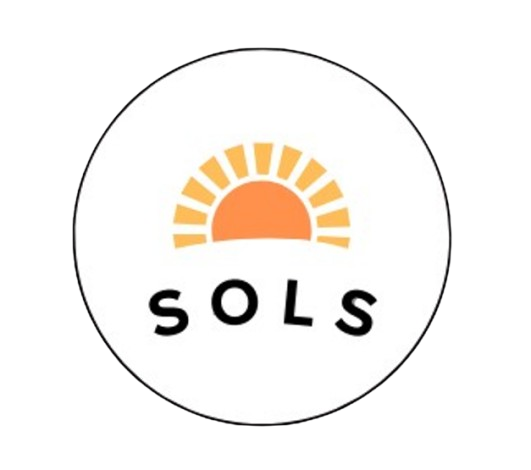
Scholar’s Solstice
Student Journal Submissions
The Scholar’s Solstice is a student-led digital journal hosted on the SOLS website, created by the SOLS Research Team. It features short articles, reflections, infographics, and mini-studies related to how we learn — written entirely by high school students.
We accept articles to both the Scientific and Subjective sections of our journal, giving the opportunity to scientifically advance the world’s knowledge as well as enlighten the world to the unique perspectives and experiences of authors.
In the Scientific section, we welcome anything from literature reviews to complete research papers in fields such as psychology, biology, neuroscience, and beyond, striving to encourage young scholar’s to contribute to the world of scientific research.
In the Subjective section, we feature monthly themes, inspiring scholars to submit creative reflections, personal pieces, and more.
Whether you’re submitting original scientific research or reflective insight, the Scholar’s Solstice is where you can present your findings, your voice, and explore what it means to learn.
Scholar’s Solstice also has a grading Rubric, where students currently in high school will have a chance to win a prize based on their graded score. Please note that the Scientific and Subjective sections have separate criteria.
Article Criteria
Must be at least 500 words and less than 5000 words.
Submit as one of: .DOC .DOCX or .PDF
Articles must be properly cited in MLA or APA if applicable.
AI use for writing is not permitted. AI may only be used for preliminary research and data organization.
All articles should must be written in an adequately formal tone.
Subjective articles must be relevant to the Learning Sciences, our key themes (see About page), or the monthly theme.
Scientific articles do NOT need to follow the monthly theme nor be directly relevant to the Learning Sciences or our key themes. Although, any sort of relevance is preferred over none.
Articles, especially Scientific ones, should use the Metric System when practical.
Submission Grading and Criteria
Subjective Journal Grading:
Provides insight ~30%
Engages with content that provides an interesting perspective, new idea, deeper understanding, or other insightful synthesis.
Originality ~30%
Ideas and content presented are unique and thought of originally by the author. Certain ideas need not be entirely unique, but must be presented, viewed or otherwise interacted with in an original manner.
Depth and completeness of content ~25%
Ideas are thoroughly and deeply in a way that makes all ideas presented feel complete.
Relevance to monthly theme and/or Learning Sciences ~5%
Is relevant, in some way, to the monthly theme or the learning sciences and our key ideas.
Grammar, clarity of content, and organization ~5%
Is organized well, easy enough to read and ideas are conveyed in a clear, precise manner.
Writing style ~5%
Content is presented in an engaging manner. Humor, interactions with the reader, and elegance of writing are considered.
Scientific Journal Grading:
-Provides insight ~30%
Engages with content that provides an interesting perspective, new idea, deeper understanding, or other insightful synthesis.
-Originality ~25%
Ideas and content presented are unique and thought of originally by the author. Certain ideas need not be entirely unique, but must be presented, viewed or otherwise interacted with in an original manner.
-Depth and completeness of content ~20%
Ideas are thoroughly and deeply in a way that makes all ideas presented feel complete.
-Scientific rigor of research ~15%
All ideas or claims presented have scientific bases, and research done is scientifically grounded with proper experimentation/survey/observational etc. techniques.
-Grammar, clarity of content, and organization ~10%
Is organized well, easy enough to read and ideas are conveyed in a clear, precise manner. Accurate and appropriate visuals are used when practical.
Our Goals
To give students a platform to publish thoughtful content, explore ideas in psychology and education, and gain early experience with research and writing for an audience.
Help students stand out on university applications with real published work.
Build a visible, valuable knowledge resource on our SOLS website.
Inspire younger members and general participants to contribute and stay engaged.
Issues To Be Published
Joshua Lai joshua.pat.lai@gmail.com
Ryan Shee ryan.shee2008@gmail.com
Leo Shen leoshen104@gmail.com
Celina Gandhi celinagandhi17@gmail.com
Research Team
Society of Learning Sciences © 2025

